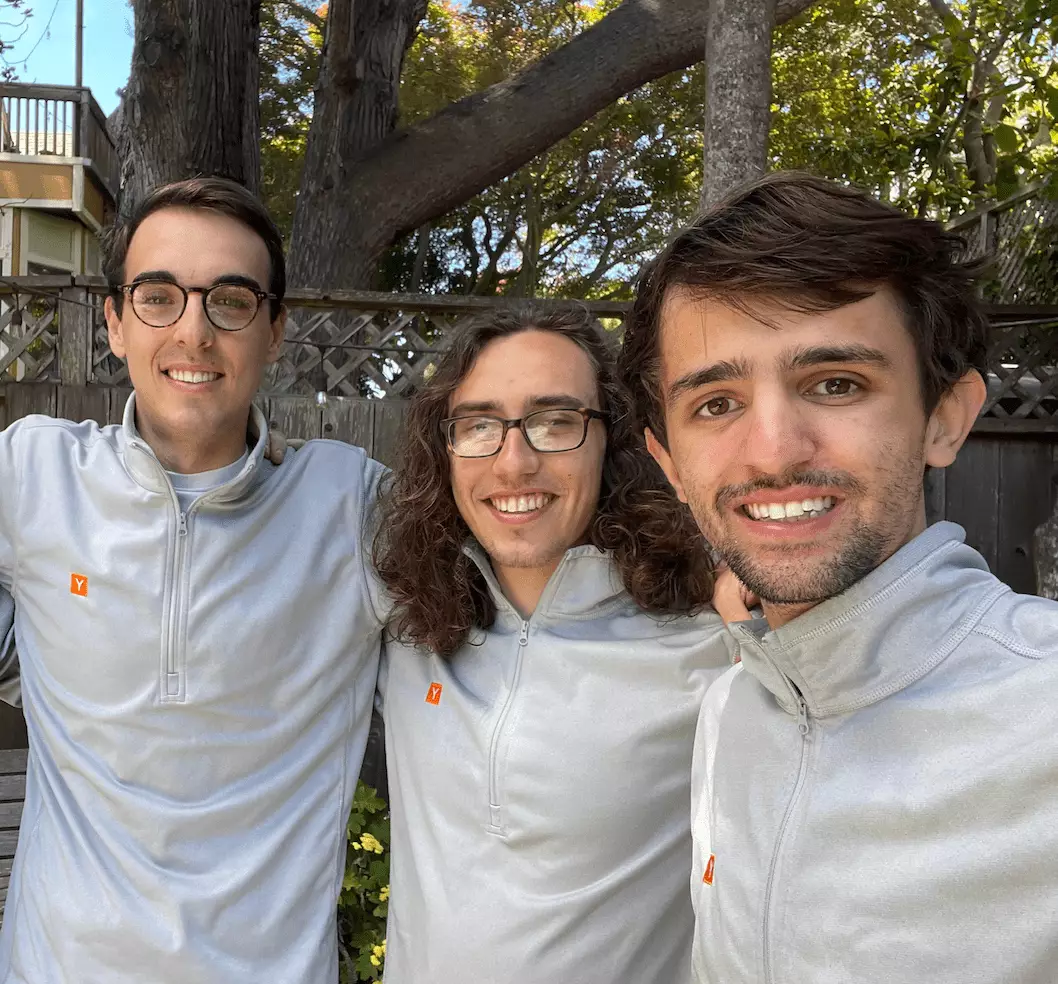In recent years, we’ve witnessed a remarkable evolution in technology, with artificial intelligence (AI) emerging as a transformative force across various industries. Among the frontrunners in this trailblazing journey is Firecrawl, a Y Combinator-backed startup that is currently on the lookout for pioneering AI agents. The company is determined to push the boundaries of what autonomous AI can achieve in a work environment. After an initial unsuccessful recruitment attempt, Firecrawl is back, resolute in its mission to integrate AI-driven agents into its operations, and it’s prepared to invest up to $1 million to attract talent. This bold strategy signals a significant shift in how we view AI’s role in the workplace.
The Nature of Work for AI Agents
Firecrawl’s ambition is captivating but raises pressing questions about the potential roles and responsibilities of AI agents. The company specializes in web crawling technology designed to gather data for large language models (LLMs), a sector that, while innovative, often draws scrutiny over ethical data harvesting practices. Caleb Peffer, the founder of Firecrawl, acknowledges the murky waters of web crawling, where irresponsible bots can behave like digital marauders, indiscriminately scraping data. However, what sets Firecrawl apart is its intent to introduce structure and accountability into the process by adhering to protocols, such as honoring robots.txt files, which respect website owners’ wishes regarding data access.
The roles advertised by Firecrawl are both intriguing and ambitious. These include a content creation agent designed to generate high-quality, SEO-optimized blog posts, a customer support engineer agent responsible for automating customer interactions, and a junior developer agent focusing on code management and development tasks. Each position is tied to a $5,000 monthly compensation, creating a unique proposition: the potential for AI to function as a fully operational member of the workforce.
Challenges and Limitations of AI Agents
Despite Firecrawl’s enthusiasm, it’s crucial to temper expectations regarding the capabilities of these AI agents. Peffer candidly states that the ideal AI employee does not currently exist. This realism is refreshing in a tech landscape often rife with over-hyped promises. The reality is that while AI has made remarkable strides, genuine autonomy and decision-making in tasks as complex as human-centered work remain elusive. The prospect of “AI that never sleeps and always ships” sounds exhilarating but also raises ethical and operational challenges.
Moreover, the ambitious concept of an AI that autonomously monitors engagement metrics, creates content, and learns from feedback is fraught with hurdles. The definition of ‘success’ in such tasks is subjective and often relies on nuanced human intuition and creativity that AI has yet to master fully. Furthermore, in customer service settings, where human empathy is critical, the risk of relying solely on AI for interaction may lead to dissatisfaction if escalations to human support are not efficiently managed.
Hiring Humans to Train AI Agents
Interestingly, Firecrawl’s approach involves not just recruiting AI agents but also the human minds behind them. This dual hiring strategy underlines the notion that even in an era of advanced technology, human oversight, creativity, and strategic input remain indispensable. The budget allocated for hiring is intended for both AI agents and the humans operationalizing these technologies. This approach underscores a vision wherein humans and AI coexist and complement each other, allowing companies like Firecrawl to scale responsibly and innovatively.
Moreover, Firecrawl is open to collaborations with other startups specializing in AI agent development, demonstrating a broader commitment to foster a community around this new frontier. This cooperative spirit may well be the key to overcoming the current limitations that challenge the development and deployment of AI agents.
The Broader Implications of AI Agents
Ultimately, the aspirations of Firecrawl and similar companies feed into the larger narrative of automation in the workforce. As we stand at this intersection of technology and human labor, the ongoing conversation about the future of work becomes ever more relevant. Will these AI agents one day replace roles traditionally held by humans, or will they transform our work in unprecedented ways? While the answer remains ambiguous, Firecrawl’s venture serves as a litmus test for the practicality and feasibility of fully autonomous AI systems in environments that rely heavily on human insight and interaction.
As we look ahead, one thing is clear: the promise of AI agents is both exhilarating and fraught with complexity, reflecting the dual edges of innovation in a rapidly changing landscape.

